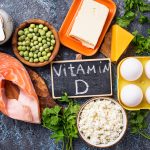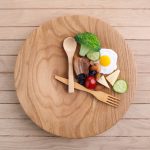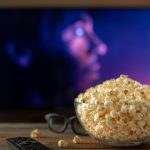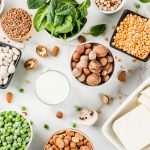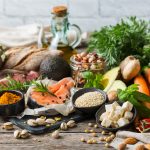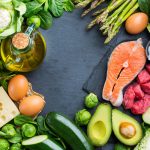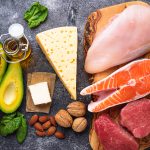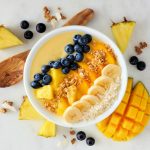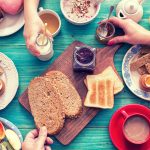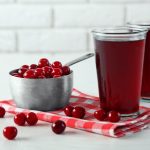3 Foods to Avoid for a Good Night’s Sleep
Posted by Jessica Penner
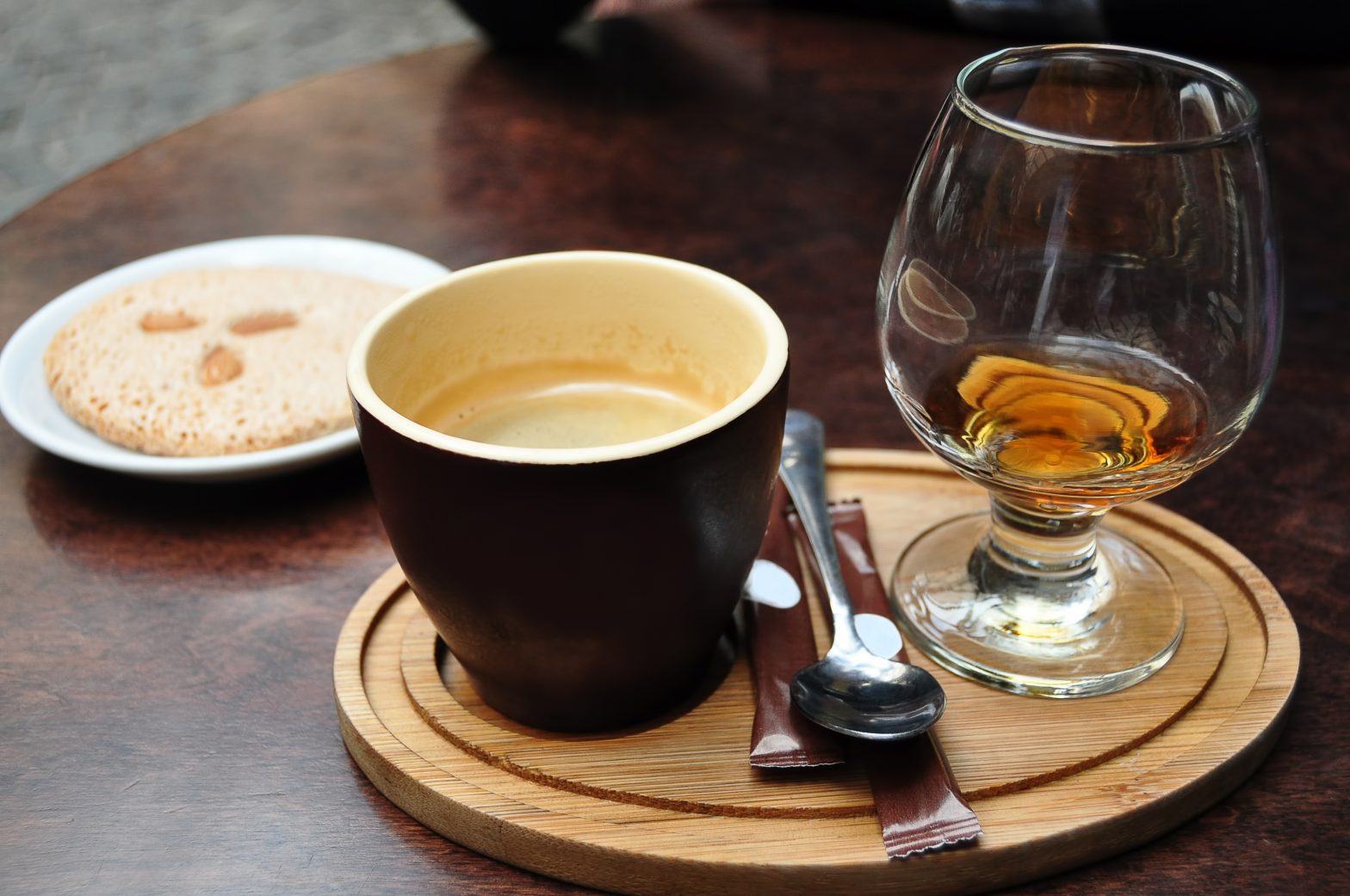
Waking up rested can have a big impact on your day’s performance. Maximize your odds for a good night’s sleep by avoiding these three foods that can keep you awake!
Hidden sources of caffeine
Most people are aware that caffeine can keep them up at night, and will avoid coffee in the evening. But there are many other sources of caffeine you may not be aware of:
• soda pop (in Canada only dark coloured pop is permitted to contain caffeine)
• tea
• chocolate (especially dark)
• coffee flavoured ice cream
• some over the counter pain medication
• even coffee that has been decaffeinated still has 5% of the regular amount of caffeine!
You may be a fast or a slow caffeine metabolizer. This depends on your genetics, as well as any tolerance you’ve built up over time. Some people can be quite sensitive to caffeine. Even a sip taken in the early afternoon can affect someone’s ability to fall asleep at night!
To improve your sleep: If you’re not sure why your brain is running wild when you wish it was sleeping, try avoiding all forms of caffeine after noon to see if it helps.
Alcohol
A nightcap sounds like a promising, traditional way to lull you to sleep. But, in fact, alcohol consumed within an hour before going to bed will only create more problems!
Consuming alcohol may help you to fall asleep initially, but it changes your regular sleep cycles and patterns. The result is that you’ll wake up in the morning not feeling as rested as you could be.
Additionally, alcohol consumption is associated with more snoring, so if you have a bed partner you might get some sharp elbows to the ribs. Those are known to disrupt sleep as well!
To improve your sleep: skip the nightcap and sip on a glass of tart cherry juice, which may increase the sleep inducing hormone called melatonin. If that’s not your thing, try a warm glass of milk, which is just downright comforting.
High fat foods
Eating foods containing fat can be a powerful way to keep your hunger at bay. Fat empties from the stomach more slowly than protein or carbohydrates, keeping you feeling fuller for longer. While this is a welcome perk of eating fat earlier in the day, not so much in the evening!
Our bodies follow a circadian (daily) rhythm for rest; we sleep at night and are active during the day. The digestive system is no exception! As the evening progresses, digestion processes slow down, preparing to rest overnight.
Additionally, about 60% of people with obstructive sleep apnea also struggle with reflux (officially diagnosed as gastro esophageal reflux disease, or GERD). High fat foods can trigger an episode of reflux.
High fat foods include the classic greasy burger topped with bacon and cheese, but also other foods such as avocados, coconut milk (canned), ice cream, and some baked goods.
To improve your sleep: If you’re hungry in the evening (or you’ve been medically instructed to have a pre-bedtime snack) it’s important to respect your body’s request for food. There’s no need to avoid fat altogether, but aim for a balanced snack. Try a piece of fruit with peanut butter, hummus and veggies, or yogurt with berries.
Avoiding these three types of food in the evening may seem insignificant. But when you’re already predisposed to issues with sleep, a small change could tip the sleeping scales in your favour.
Which of these foods would you find the hardest to give up in the evening? Let us know in the comments!

